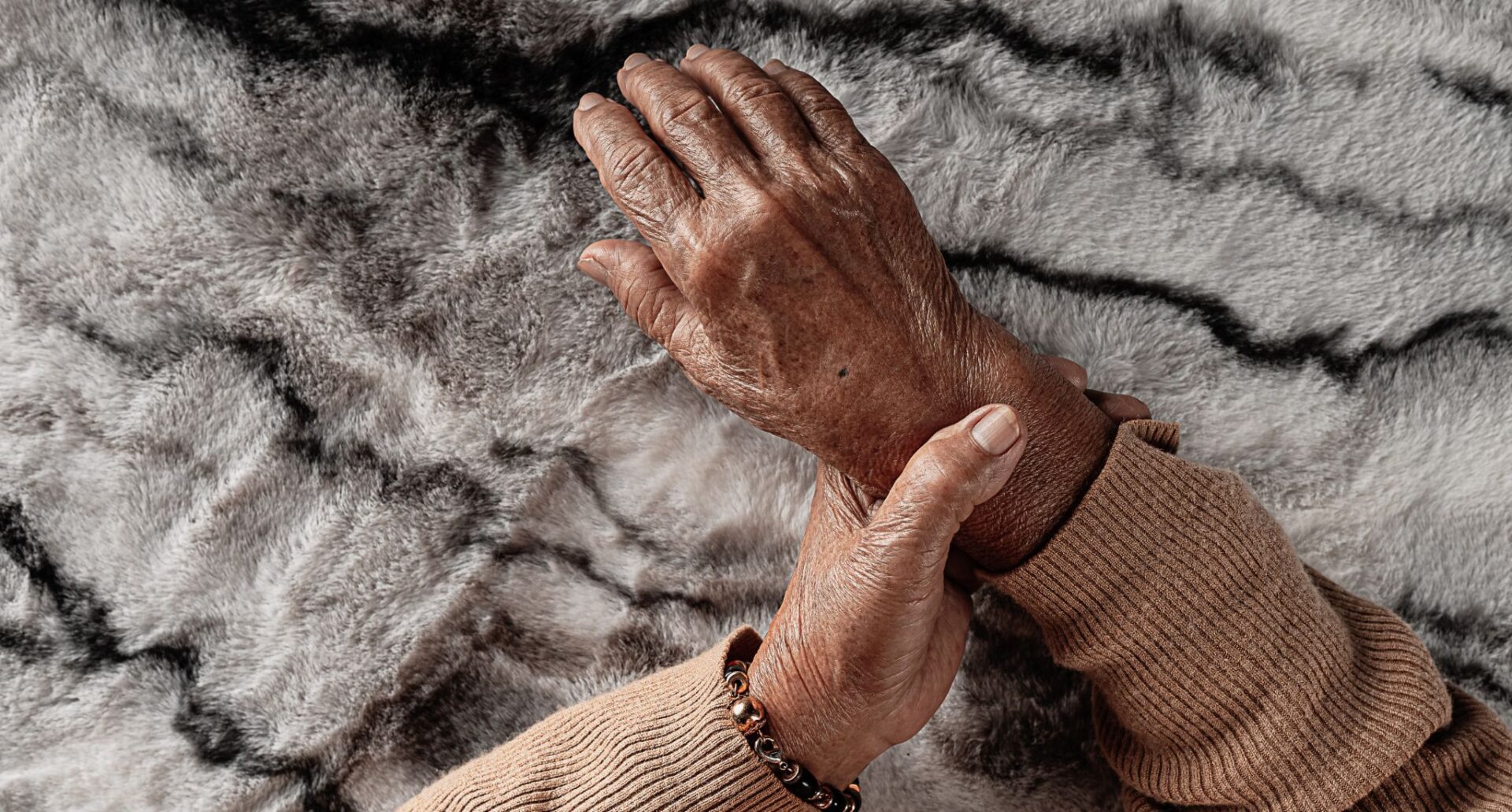Arthritis Treatment
Reduce pain and inflammation while restoring function with our cutting-edge physiotherapy equipment, which has been shown in several cases to eliminate rheumatoid arthritis.

Reduced Pain and Stiffness

Improved Mobility and Flexibility

Decreased Inflammation

Slowing or Halting Joint Damage

Improved Quality of Life

Increased Ability to Perform Daily Activities

Reduced Risk of Complications

Delayed or Avoided Need for Surgery
How It Works
The machines work on a cellular level, supplying oxygen and nutrients to our cells and thus stimulating our body’s natural ability to heal itself and restore normal function.
There are many types of arthritis, but the two most common ones are Osteoarthritis and Rheumatoid Arthritis.

Osteoarthritis Arthritis
Osteoarthritis Arthritis occurs when the protective cartilage between your bones wears down, which affects joints in your hands, knees, hips, and spine.
Learn More
- Pain in joints during or after movement.
- Stiffness when you wake up in the morning.
- Tenderness in joints when pressure is applied.
- Loss of full range of motion or flexibility.
- Popping or cracking sounds of joints.
- Bone spurs which feel like hard lumps around joints.
- Swelling and inflammation around joints.
Risk Factors
- Age – The risk increases with age.
- Sex – Women are more prone to develop osteoarthritis.
- Obesity – Being overweight causes extra stress on your joints. Fat tissue produces proteins that cause inflammation in and around your joints.
- Injuries – From playing sports, accidents, falls, or even injuries that happened many years ago.
- Genetics – Can be passed down from generation to generation.
- Bone Deformities – Some people are born with them.
- Metabolic Diseases – Can include diabetes and high iron in the blood.
- Job Repetition – Repetitive stress on your joints due to your job type.

Rheumatoid Arthritis
Rheumatoid arthritis is a chronic inflammatory condition that not only impacts joints but also damages other body systems, including the skin, eyes, lungs, heart, and blood vessels. This disorder develops when the immune system attacks the body’s own tissues.
Learn More
Rheumatoid Arthritis Symptoms
- Tender, Warm, and Swollen Joints
- Stiffness in Joints When Waking up in the Morning
- Fatigue and Fever
- Loss of Appetite
- Pain
- Swelling and Inflammation
- Redness
- Decreased Range of Motion
Rheumatoid arthritis can affect other body structures such as the skin, eyes, lungs, heart, kidneys, salivary glands, nerve tissue, bone marrow, and blood vessels.
Risk Factors
- Sex – Women are more likely than men to develop rheumatoid arthritis
- Age – It can occur at any age, but in most cases, it begins in middle age
- Family History/Genetics
- Smoking – Cigarettes increase your risk, especially if you have a genetic predisposition
- Environmental Exposures – Sometimes, exposure to asbestos or silica may increase the risk of developing rheumatoid arthritis
- Obesity – Being overweight has a strong correlation to developing rheumatoid arthritis
Rheumatoid arthritis also increases your risk of developing the following: osteoporosis, infections, carpal tunnel syndrome, heart problems, lung disease, lymphoma, and more.

